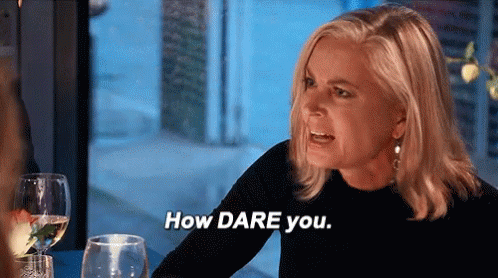Huskerzoo
Starter
I understand...at least up until they commit a crime. For instance, you can't mandate alcohol treatment.....until someone gets arrested for DUI.
To me, how to deal with people who need treatment but refuse treatment, is quite possibly the biggest problem in all of this.
I would be very interested in knowing how other developed countries handle this.
There's a whole theory set up around identification and intervention that's really fascinating. See below, we try to do the same thing. However, group level intervention results in reduced precision in changing behavior. A good example was DARE. It was an attempt to change behavior, but it didn't work well. Everyone got it though which was good. If we developed better group level interventions that we include in school programming it could go a long way. You're starting to see some of this pop up in the form of mindfulness programs in school. Unfortunately, folks do not fully understand why we use mindfulness skills, so some of the benefits may be lost. This is a very important step for research, it's just difficult (and expensive) to track long-term outcomes of an infrequent behavior (e.g. homicidal acts of violence).
https://www.google.com/imgres?imgurl=https://www.med.uottawa.ca/sim/data/Images/Prevention_stages_e.gif&imgrefurl=https://www.med.uottawa.ca/sim/data/Prevention_e.htm&h=529&w=945&tbnid=Kq35e7cUiNHtEM:&tbnh=118&tbnw=211&usg=__dpAaO5GGbKnCkWqvuUqLrNE9Eyo%3D&vet=10ahUKEwiTps7nn6vZAhVFR6wKHbI5ApgQ9QEIMDAA..i&docid=4rkY1iSWJDD7yM&sa=X&ved=0ahUKEwiTps7nn6vZAhVFR6wKHbI5ApgQ9QEIMDAA



